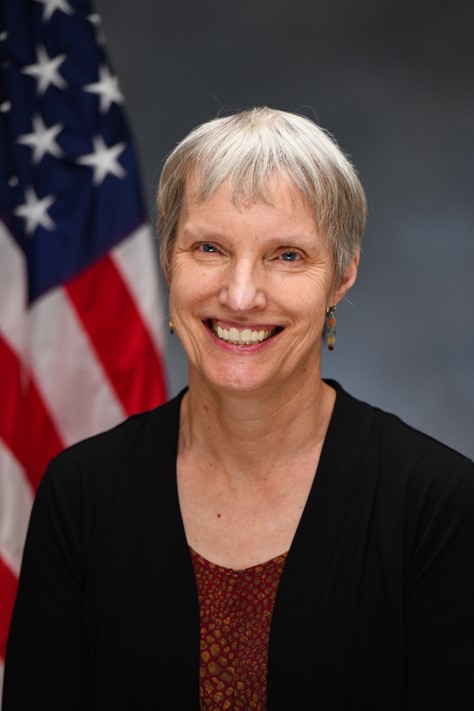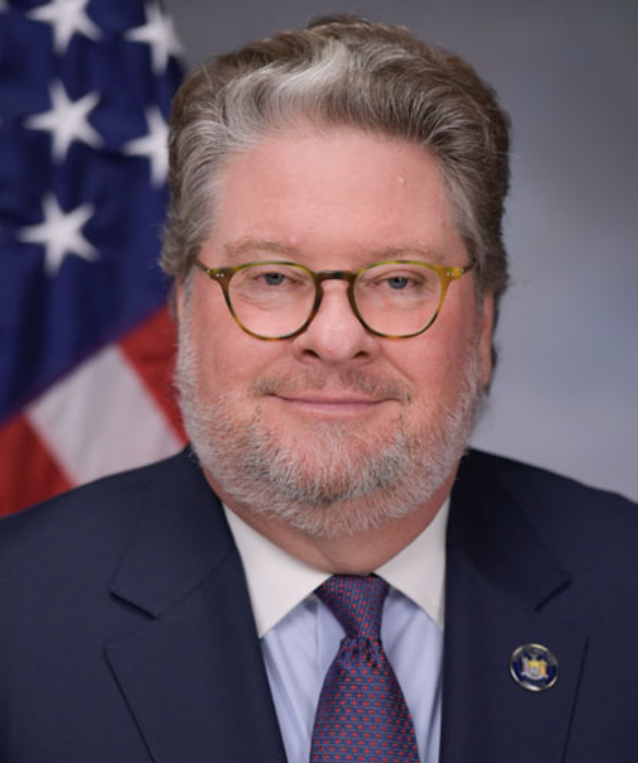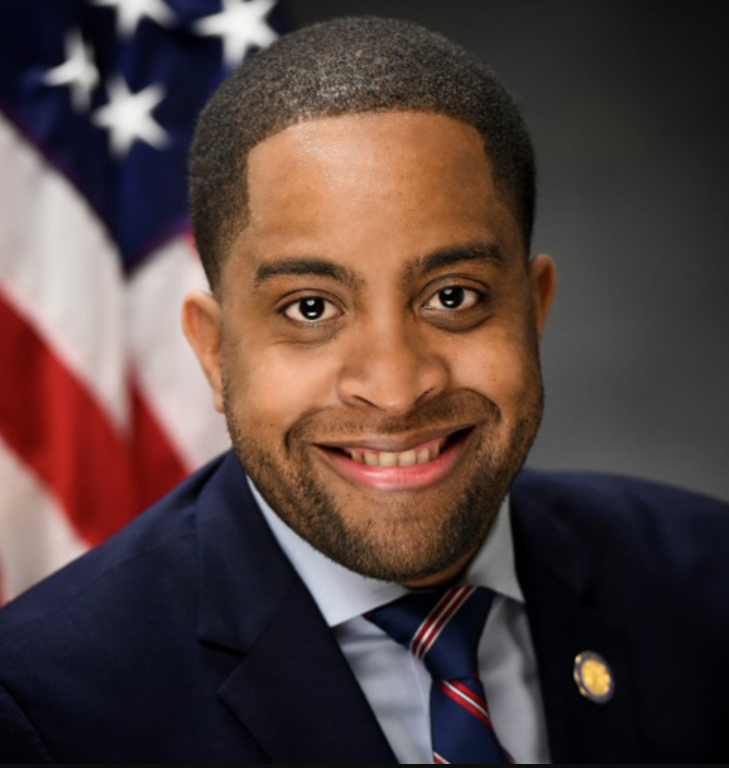S T A T E O F N E W Y O R K
________________________________________________________________________
7510
2021-2022 Regular Sessions
I N S E N A T E
November 5, 2021
___________
Introduced by Sen. MAY -- read twice and ordered printed, and when
printed to be committed to the Committee on Rules
AN ACT in relation to establishing the "New York Local News Act"
THE PEOPLE OF THE STATE OF NEW YORK, REPRESENTED IN SENATE AND ASSEM-
BLY, DO ENACT AS FOLLOWS:
Section 1. This act shall be known and may be cited as the "New York
local news act".
§ 2. Definitions. As used in this act:
(a) "Board of directors" or "board" means the board of directors of
the New York commission on local news and civic information.
(b) "Commission" means the New York commission on local news and civic
information.
(c) "In-kind contribution" means a contribution of goods or services,
other than a cash grant.
(d) "Local community organization" means a locally-based organization
serving a community of people having shared interests that is incorpo-
rated, organized, and operated in such a manner as to qualify as a
nonprofit corporation described in section 501(c)(3) of the federal
Internal Revenue Code, 26 U.S.C. 501(c)(3).
(e) "Member university" means the University of the State of New York
and the City University of New York.
§ 3. New York commission on local news and civic information estab-
lished. There is hereby established the New York commission on local
news and civic information which shall consist of the member universi-
ties. The purpose of the commission shall be to advance research and
innovation in the field of media and technology to benefit the state's
civic life and evolving information needs.
§ 4. Board of directors. (a) The commission shall have a board of
directors that shall set strategic priorities and metrics to guide the
commission's grant-making and other initiatives, as well as to approve
grants.
EXPLANATION--Matter in ITALICS (underscored) is new; matter in brackets
[ ] is old law to be omitted.
LBD13448-02-1
S. 7510 2
(b) The board of directors shall consist of 17 members as follows:
(i) two members appointed by the governor;
(ii) two members appointed by the temporary president of the senate,
and one member appointed by the minority leader of the senate;
(iii) two members appointed by the speaker of the assembly, and one
member appointed by the minority leader of the assembly;
(iv) five members appointed by the chancellor of the state university
of New York and the chancellor of the city university of New York, each
of whom shall have background or experience in the field of journalism,
media, or technology; and
(v) four members appointed by a majority vote of the eleven board
members appointed pursuant to paragraphs (i) through (iv) of this subdi-
vision, of which:
(1) one member shall represent the media sector;
(2) one member shall represent the technology sector; and
(3) two members, not employed by the state or a member university at
the time of the member's appointment, shall have demonstrated a record
of commitment to public service and understand the importance of media
and technology to the state's future.
(c) Each board member shall serve a term of four years, except that
the member representing the New York media sector shall serve an initial
term of one year and the member representing the New York technology
sector shall serve an initial term of two years. No board member shall
serve more than two four-year terms. In the appointment of members to
the board, every effort shall be made to strive for diversity and
balance of representation according to gender, race, ethnicity, and
geography within any limits allowed under law. Any vacancies in the
appointed membership of the board occurring other than by expiration of
term shall be filled in the same manner as the original appointment, but
for the unexpired term only. Board members shall serve without compen-
sation but may be reimbursed for necessary expenses incurred in the
performance of their duties within the limits of funds available to the
board.
§ 5. Executive director. (a) The board shall appoint and employ an
executive director and fix the executive director's compensation and
conditions of employment. The executive director shall be the chief
executive, administrative, and operational officer of the commission and
shall direct and supervise the administrative affairs and the general
management of the commission. The executive director shall oversee the
commission's day-to-day operations, which includes working with the
board to meet the commission's goals and grant-making requirements,
hiring and managing program officers and administrative staff pursuant
to subdivision (b) of this section, acting as spokesperson for the
commission's work, and raising funds from external sources. The execu-
tive director shall attend all meetings of the board.
(b) (i) The executive director shall employ program officers who shall
be experienced practitioners with a strong understanding of the media or
civic technology fields. The executive director shall strive to appoint
program officers that represent the state's racial, ethnic, gender, and
geographic diversity within any limits allowed under law. The program
officers shall manage the grant-making process, in accordance with the
commission's goals. The grant-making process shall include soliciting,
recommending, and processing grant proposals, working with grantees to
ensure work on grant project ideas, and directing public engagement and
evaluation efforts.
S. 7510 3
(ii) The executive director shall employ no more than three adminis-
trative staff to provide operational support for the commission, includ-
ing office management, support for the executive director and program
officers, coordination among member universities, payment to grantees,
human resources, and logistics.
(c) To save on startup, operating, and ongoing administrative costs,
one member university shall be responsible for housing the commission
and providing back-office support.
§ 6. Collaboration among member universities. The commission shall be
a collaborative effort among the member universities. Each member
university shall focus its initiatives on one area of expertise and the
board of directors shall decide on each member university's focus of
expertise in order to allow for greater collaboration among member
universities, decrease competition for grants, and reduce redundancy of
efforts. Member universities may collaborate on projects together, as
well as seek out other academic institutions to partner with on seeking
grants.
§ 7. Eligibility for grants; project goals. (a) To be eligible for a
grant from the commission, a grant proposal application shall include,
but not be limited to:
(i) evidence of a collaboration between at least one member of the
faculty or graduate student of a member university and at least one
local community organization, media organization, or technology-based
organization;
(ii) information demonstrating that the collaboration would be a mutu-
ally respectful partnership wherein all community and member university
participants invest in a project designed to serve the commission's
mission and the goals cited pursuant to subdivision (b) of this section;
and
(iii) proof that the member university or universities in total will
provide an amount of funding or make an in-kind contribution having a
value that matches 10 percent of the amount of grant funding for which
the applicant has applied, if an application is sponsored by one or more
member universities. For a grant proposal application sponsored by a
member university housing the commission and providing back-office
support, the cost of that housing and support to that member university
shall count towards the funding or in-kind contribution match from that
member university.
(b) The commission shall provide grants for projects that achieve the
following goals:
(i) improve the quantity and quality of civic information in New York
communities;
(ii) give residents enhanced access to useful government data and
public information through innovative applications, platforms, and tech-
nologies;
(iii) train students, professionals, and community members in the
practice of community storytelling, journalism, and media production;
(iv) become sustainable without government support while offering
substantial civic information;
(v) better meet the information needs of low-income communities and
racial and ethnic communities that have been underserved by the media;
and
(vi) invest in research and practices that can help media outlets
become more closely connected to their audiences and more sustainable
without government support.
S. 7510 4
§ 8. Grant agreement. A grant issued by the commission shall be in the
form of a grant agreement. A grant agreement shall include a provision
establishing a set of metrics for assessing the goals contained in the
agreement to ensure evaluation of a grantee project on how well those
metrics are being met and any other relevant accountability measures.
The set of metrics shall be established by the board in conjunction with
the executive director and program officers. The agreement shall include
the expectations stated between the commission and the grantee, which
shall include, but not be limited to, a statement that:
(a) the grantee shall be independent from the influence of the state,
a member university, and any other grantor or contributor of funds or
outside source; and
(b) any grantor or other contributor of funds to the grantee shall
acknowledge in writing the grantor's or contributor's understanding that
the grant or donation does not entitle the grantor or contributor to
dictate or influence the content of any work the grantee produces or may
produce.
§ 9. Annual report to the governor, the temporary president of the
senate, and the speaker of the assembly; public hearings. (a) The
commission shall annually report to the governor and to the temporary
president of the senate, and the speaker of the assembly, on the activ-
ities of the commission and make the report available on the commis-
sion's website. Such report shall include, but not be limited to:
(i) a list of all grant applicants and approved grant applicants;
(ii) the grant amounts of approved grant applicants;
(iii) the amount of matching funds and types of in-kind contributions
provided to approved grant applicants; and
(iv) a status report on the activities funded by an approved grant
applicant.
(b) The commission shall make available on its website its grant-mak-
ing criteria and other relevant documents.
(c) The board, in conjunction with the executive director and program
officers, shall hold one public hearing annually in the northern,
central, and southern regions of the state. The public hearings shall
provide a forum for the board to report on how the public funds that the
commission receives are spent and to gather public input on what the
commission's mission should be and whether the commission is meeting its
mission. Public input shall be used to assess whether the commission's
grant-making metrics and process for issuing grants needs to be changed.
§ 10. This act shall take effect immediately.


